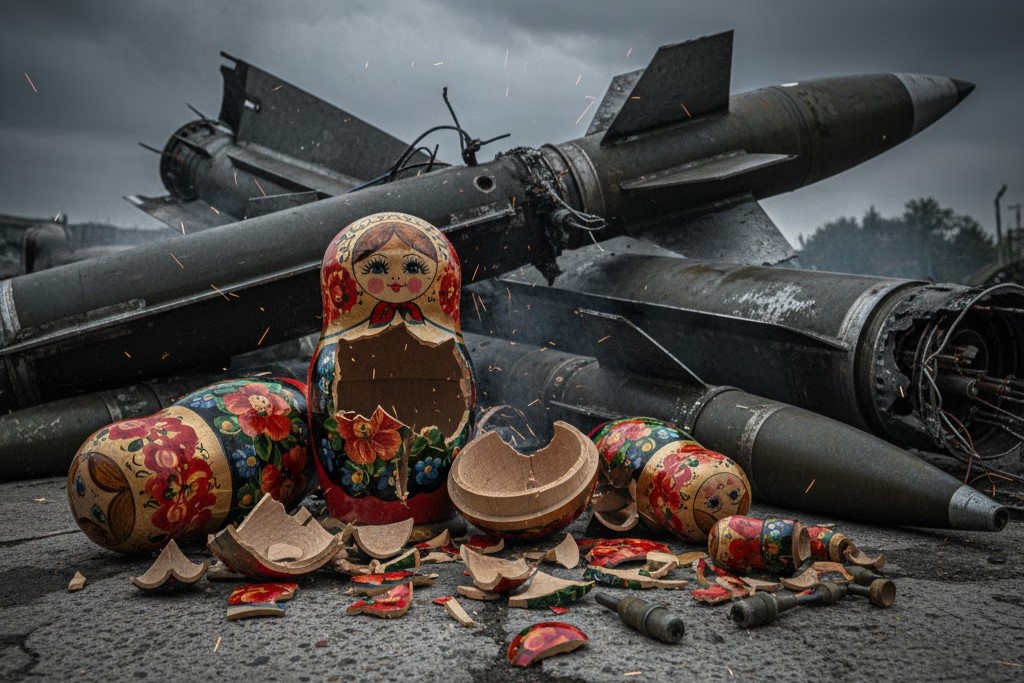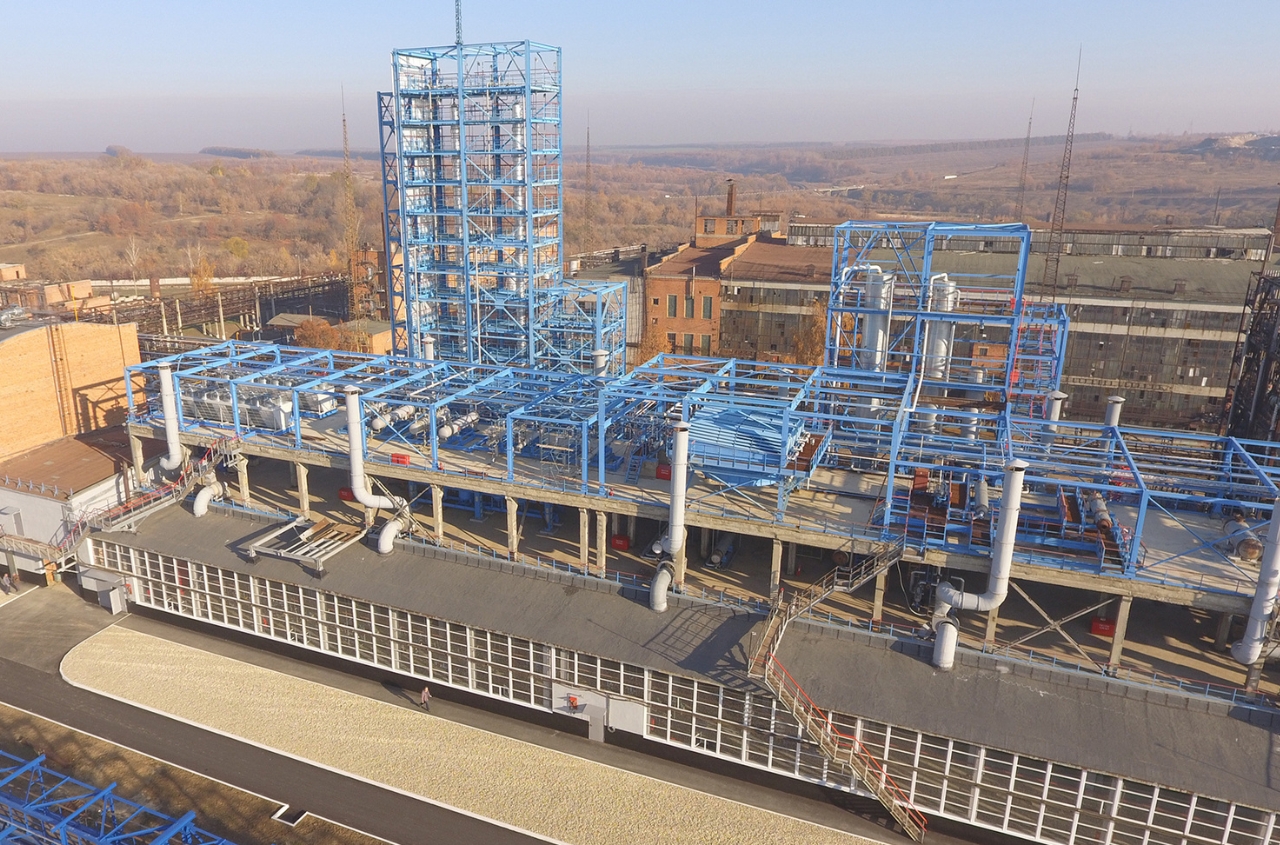Dmitry Oreshkin, an independent political analyst and professor at the Free University in Riga, noted that Putin has built a system of mutual deterrence and counterweights where everyone is reporting on each other. Therefore, Putin's generals view each other as enemies and calculate that if anyone tries to organize something, they will end up like Prigozhin.
He expressed this opinion during an interview on Espresso.
"Thanks to Putin, Russia is no longer a legal state. This is why they had to 'come to terms' with Prigozhin based on informal understandings. It was only later, when he was detached from direct military support, that they managed to remove him. Therefore, all of Putin's generals understand very well that the Constitution means nothing. Imagine yourself in the shoes of any of these generals: toppling someone is not even half of the problem; what's important is not to be toppled yourself and to maintain power in the Kremlin, surrounded by the Rosgvardia, which will conveniently solve you and transfer power into its hands. Does any of these generals need that? No, they don't," the political analyst emphasized.
Dmitry Oreshkin pointed out that before carrying out any killing, there is a need to secure military support, meaning reaching agreements between Shoygu and Zolotov, Shoygu and someone like Surovikin or Bortnikov, or perhaps even Kadyrov. This process is accompanied by information leaks, and Putin's regime is based on the fact that everyone reports on each other. All these generals view each other as enemies. While there are individuals they personally trust, they are aware that among those individuals, there could well be agents from other security structures.
Putin has built a system of mutual deterrence and counterweights where everyone reports on each other. After the Prigozhin uprising, he handed over heavy equipment to Zolotov, whom he personally trusts, to respond in case of a military mutiny. They understand that they won't be dealing with ordinary citizens using heavy equipment, but rather other soldiers. So, generals understand that something needs to be done, but if any of them attempts to organize something, they calculate it will end up like the Prigozhin incident. At least, that's the scenario they anticipate.
Professor Oreshkin added that the negotiations with Prigozhin were known to the intelligence services. If the U.S. knew that Prigozhin was preparing for this, then the Russian security services were certainly aware. Hence, they worked with Surovikin, who on the day of the mutiny refused to join. He might regret that decision now because back then he had the chance to maintain influence, but today he is at best insignificant.




















